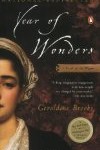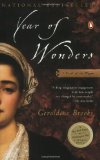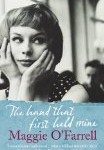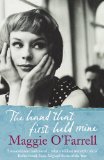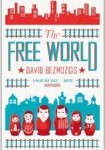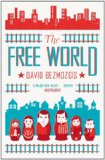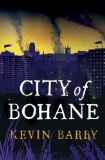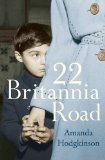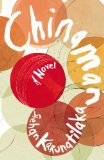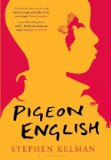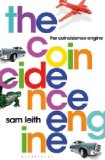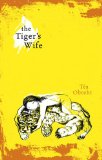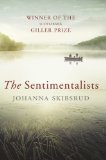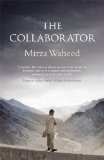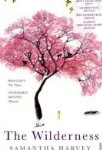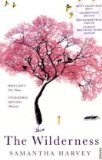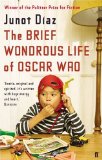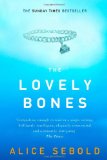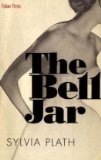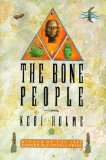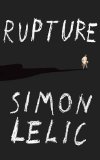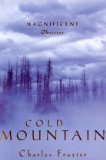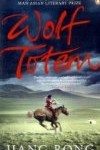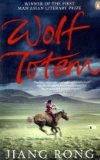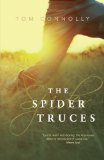Five words from the blurb: infected, Plague, village, death, survive
Eyam is a small village in rural Derbyshire. In 1665 the village tailor received a parcel of cloth from London. Unknown to him, fleas harbouring the deadly plague were contained in the package and within a week he was dead. It wasn’t long before other members of the village were struck down and the community made the brave decision to isolate themselves in order to prevent the disease from spreading to the rest of the country. Only 83 of the village’s 350 inhabitants survived. Year of Wonders is a fictional account of what happened during the 14 months that the village was affected by the plague. The exact names and family groups may have been changed, but the fear and grief contained within the pages felt very real to me.

This is an intense read; the writing was so powerful that at times I could hardly bear to read on, but I was completely gripped and unable to tear myself away from the tragedy that was unfolding.
He died clutching the bed sheet. Gently, I untangled each hand, straightening his long, limp fingers. They were beautiful hands, save for the one callused place toughened by a lifetime of needle pricks. Remembering the deft way they’d moved in the fire glow, the tears spilled from my eyes. I told myself I was crying for the waste of it; that those fingers that had acquired so much skill would never fashion another lovely thing. In truth, I think I was crying for a different kind of waste; wondering why I had waited until so near this death to feel the touch of those hands.
This is historical fiction at its very best. I felt as though I knew the people and understood their motivations.
My only problem with this book was the epilogue – I felt it tied everything up too cleanly and I would have preferred the more ambiguous ending that could have been achieved without its presence. This a only a very minor quibble though – the rest of the book was stunning.
This book isn’t for everyone. I know that many will find the contents too distressing, but if you like books that take you on an emotional journey then this is for you.
Highly recommended.
Three words to describe the reading experience: intense, moving, informative.
Many years ago I visited the village of Eyam and I remember reading the signs which detailed the deaths that had occurred in each of the houses. It is only after reading this book that I appreciate the full scale of what happened in that community. The lists are a tragic insight into the way every family in the village was affected. Here is an example of one of the signs – many more can be found on Bowbelle51’s Eyam Flickr set.
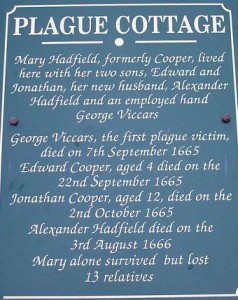
For more information about the plague in the village of Eyam see the Eyam Plague Village website.
This is the first book written by Geraldine Brooks that I have read, but it certainly won’t be the last!
Are all her books as intense as this one?
Which is your favourite?
